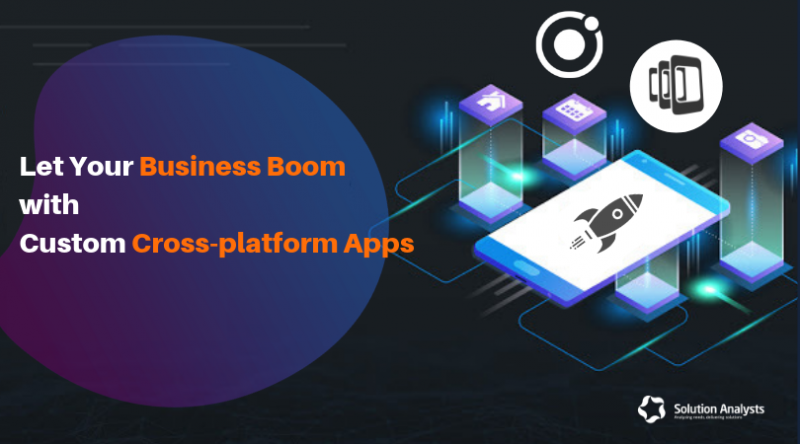How Cross-platform App Development Benefits Your Business in 2019
The rise of mobile apps has made our world smaller. Be it an individual activity or a corporate task, there is an app for everything! What’s more, emerging technologies like IoT, AR, and AI have started strengthening their positions in the app development domain. Automation and simplification of complex processes are achievable through such feature-rich corporate apps. As a result, entrepreneurs tend to jump on the mobile app bandwagon.
The growing popularity of mobility and rising competition across various industry sectors compel entrepreneurs to bring apps for both Android and iOS platforms. But then, the native app development cost can burn a hole in your pocket! There, cross-platform app development lends a helping hand, and enable the companies to come up with seamlessly-performing apps that can run across various devices and platforms.
Before going through the business benefits of cross-platform apps, let’s understand their types.
- Types of Cross-platform Apps
1. IDE-based apps
Android has Java and iOS has Swift as official programming languages to build apps. Now, mobile app developers can make an API that acts as a bridge between the code base and the different OS. They build local cross-stage apps with the help of an Integrated Development Environment (IDE) provided by outsider sellers.
2. HTML5-based apps
Ionic application development and PhoneGap app development services are the best examples of hybrid or HTML5-based apps. Both Ionic and PhoneGap frameworks consist of JavaScript, HTML5, and CSS. The app developers can readily execute the code in a web view thanks to these frameworks. Hybrid apps can provide a native-like experience.
